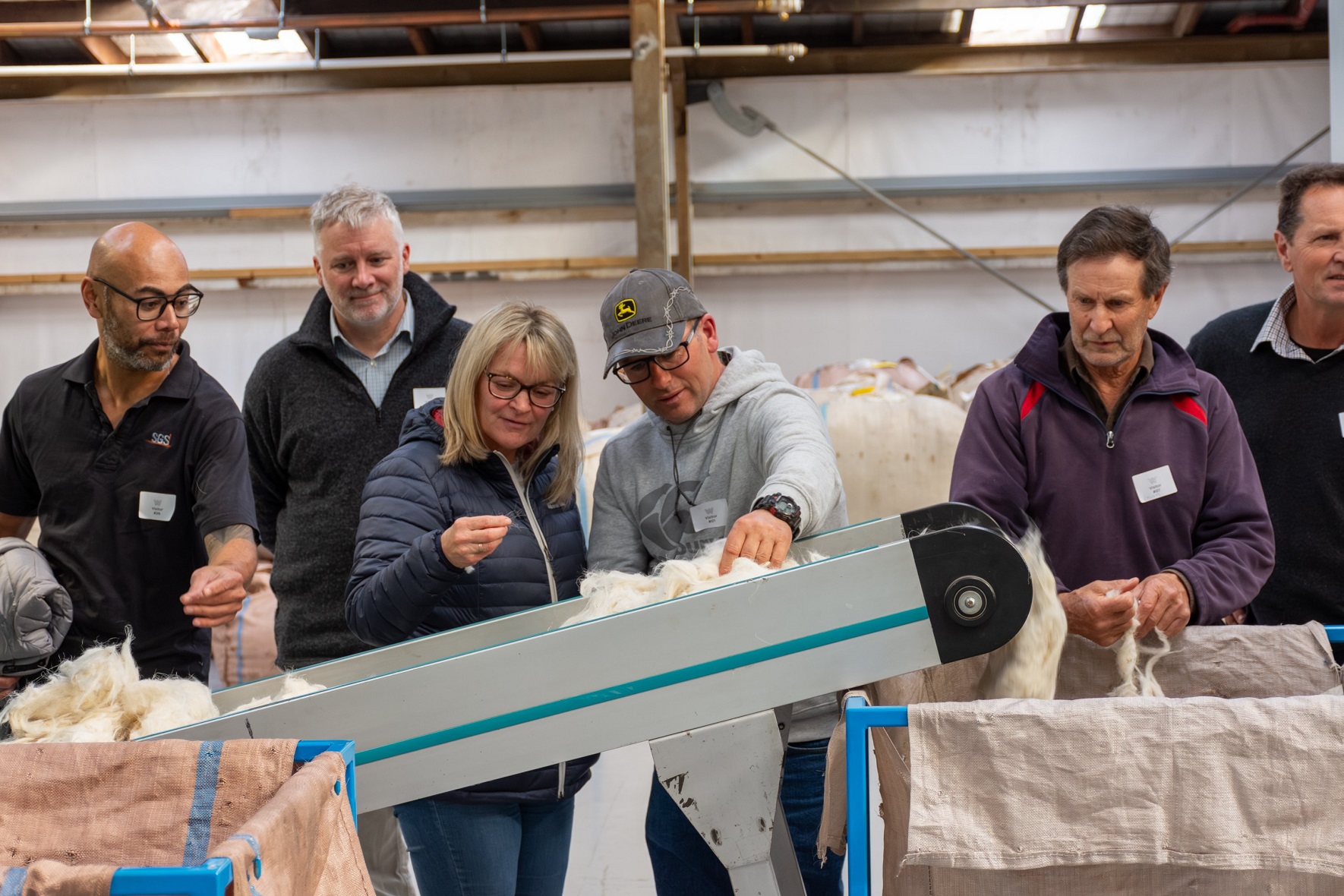
New Zealand Cashmere Ltd director Andy May believes the country’s fledgling cashmere industry — which has its roots in Otago — has loads of potential.
In fact, if a sustainable, ethical and traceable cashmere product could be developed at a fibre processing facility in Wellington, we would be the only country in the world doing that, he said.
Farmers from throughout the country met in Wellington recently for the inaugural New Zealand cashmere conference and the opening of the multi-million dollar investment by fibre spinning company Woolyarns Ltd, which cleans and processes cashmere fibre, taking the raw fleece through to spun yarn on one site.
The conference was an opportunity for Foundation Flock growers to learn about the $4 billion global cashmere fibre market, see the technology behind the ultra-high value fibre and share experiences of farming goats for cashmere.
Cashmere fibre currently returns between $110 and $150/kg.
The Lower Hutt scour predominantly uses air, steam and limited amounts of water with organic detergent for cleaning the fibre. The following dehairing process then separates the fine cashmere fibres from coarse guard hair of a goat’s coat to produce fibre that could be spun into high value yarn.
Describing the facility as world class, Mr May said the engineering was special.
"There’s nothing quite like this that can process fibre of this quality from a raw fleece all the way through to a spun yarn on one location in New Zealand.
"We have a highly capable in-house team who designed the process, assembled and built much of the specialist equipment in our own engineering workshop.
"The quality of the fibre that comes through this process and into our spinning process is exceptional and is a credit to our growers and our engineering team," he said.
Woolyarns deals with a variety of fibre, including wool, possum, alpaca, cashmere and Mongolian camel. With the Predator Free 2050 mission focused on the removal of rats, stoats, weasels, ferrets and possums, the company has to be continually looking forward.
About five years ago, a big brand told Woolyarns it was pulling back from yarn made from cashmere out of China and Mongolia due to environmental factors around how the fibre was produced.
Three months later, the company was approached by South Otago cashmere farmer David Shaw, whose genetics and animals were "world class".
Woolyarns had "re-established" the New Zealand cashmere industry from the ground up and it had been a "heck of a journey".
About every fortnight, requests were made for yarn made from New Zealand cashmere, Mr May said.
With big brands in Europe and North America looking for ethical, traceable, sustainable products, it was the "perfect opportunity".
"We’re just really excited about the fibre and the potential," he said.
There were some myths around farming goats; there were benefits on farm if done right, particularly in the hill country.
Support was needed around how to farm them and a handbook was coming out soon while there were also resources available, he said.















